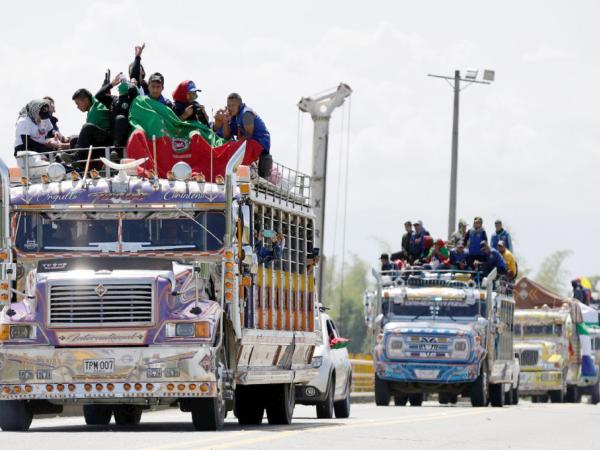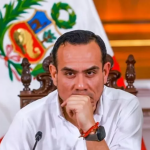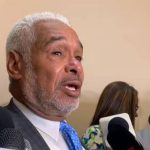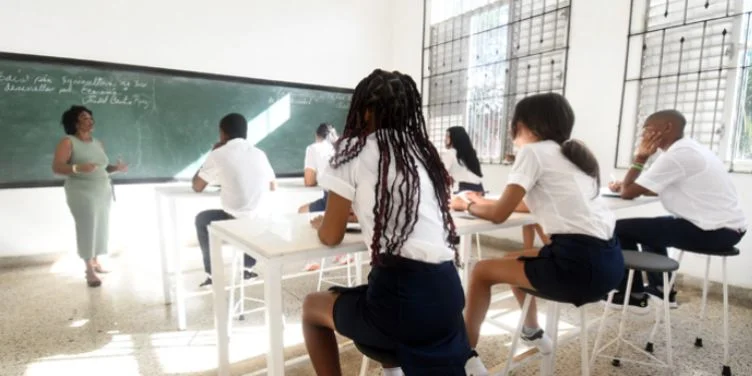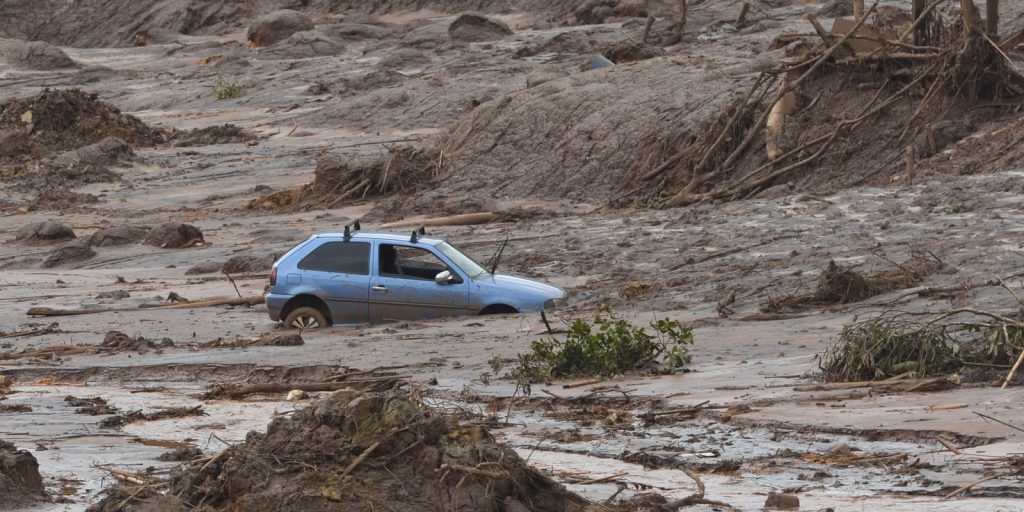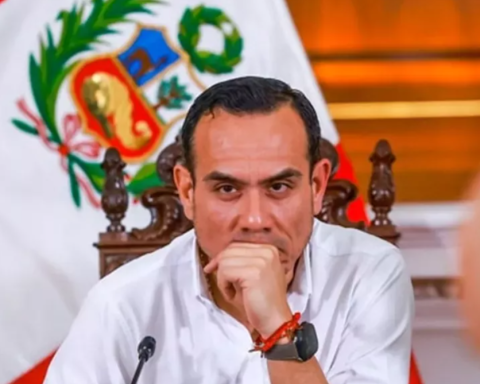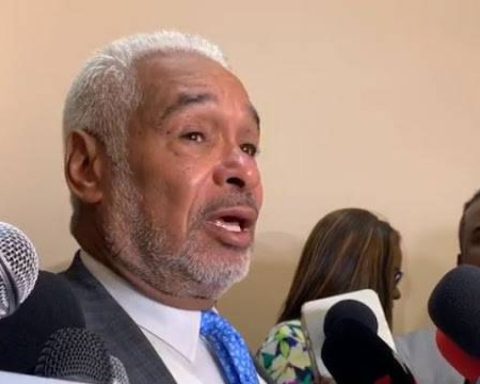Thousands of miners and farmers protest this Tuesday in Colombia in rejection of a government plan to restrict their activities by declaring new environmental protection zones. at a time when the country hosts the COP16 on biodiversity.
(See: Five actions that countries can take to stop biodiversity loss)
In the departments of Antioquia (northwest), Santander (northeast) and Boyacá (center) Protesters block roads with rows of stopped trucks and crossed tree trunks.
The unrest arose from a decree of the leftist government published in January, that delimits new territories as natural reserves, prohibited for mining or agricultural exploitation.
(Read more: These are the Mincomercio events at COP16)
“Do not deceive the people, do not deceive us by saying that this is for the environment (…) do not come to stand at the COP and say that this is peace with nature“Ivonne González, president of the Santander Miners Association, claimed on Blu Radio, alluding to the slogan of the United Nations summit that takes place in Cali until November 1.
Gustavo Petro, the first left-wing president in the country’s history, seeks to give international flight to his ambitious environmental agenda as host of COP16. At COP15, held in 2022 in Montreal, 196 countries committed to declaring 30% of their soils and seas as natural conservation areas by 2030.
(See: COP16: Greenpeace Colombia urges world leaders to protect biodiversity)
indigenous Minga
“We have to reach an agreement, a consensus (…) how we are removing mining from certain territories that have strategic ecosystems“, the Minister of Mines and Energy, Andrés Camacho, explained to W radio. Peasants criticize that they will no longer be able to plant food in expanded areas of paramos, high mountain ecosystems in key equatorial regions for storing water.
(See more: ‘Colombia could be at the height of green public policy’: WRI)
For their part, the miners also demand that the government fulfill its promises to formalize the activity for those who are not linked to armed groups. Throughout the six-decade internal conflict, several organizations have financed themselves with illegal gold exploitation and drug trafficking.
The decree “is handing over the territories to illegality, because we who are legal would become illegal“, González warned. The participation of the mining sector in Colombian exports represented 28.4% in 2023.
(Read also: Petro’s ‘problem’ with the COPs: ‘Governments only talk and do not act’)
Prior to COP16, Petro launched a plan to seek investments for 40,000 million dollars and thus abandon its dependence on oil and coal. The opposition rejects the president’s speeches against “extractivism” and advocates a gradual transition without compromising the country’s coffers.
